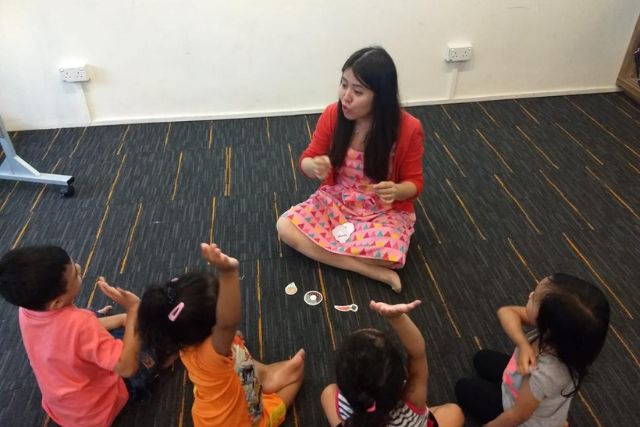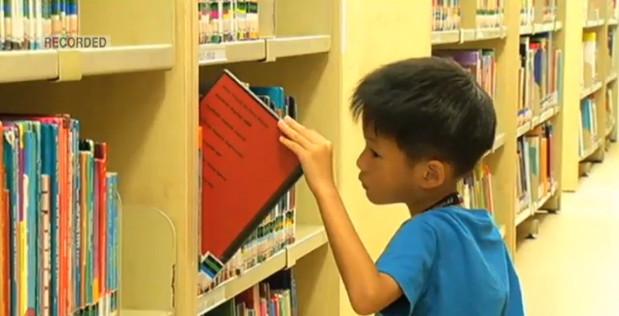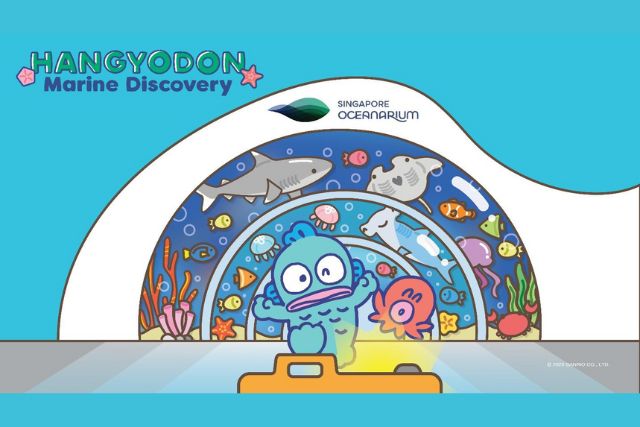Communicating with children is definitely a labor of love and it can be a big challenge. One reason for this is that it takes 25 years to grow a human brain! A child doesn’t have all their brain parts until age 4 (though they have the blue prints) and it takes another 21 years for it all to work!

As a result, our children do not process language and data in the same way we do. Adults like to use reason and logic on children under 12 to get them to comply. Parents go into great detail giving their children all sorts of reasons and logic why they need to eat, dress a certain way, go to bed, study etc. All this talking never seems to work. Well, part of the reason why it doesn’t work is because a child’s ability to comprehend logic and reason doesn’t happen until age 12!
A child’s level of comprehension does not match with their ability to speak.
Comprehension comes after speech development. The next time you give your child a long series of instructions, ask them to tell you what they understood. Often they’ll say “I don’t know” or they’ll give you a wrong answer. Don’t be fooled by a sophisticated talker, it doesn’t mean they understand you.
Ineffective communication with children in which the parent emphasizes language through anger, critical and derogatory words as well as physical punishment (canning) sends the child into a fearful state. Getting your child to understand how bad their behavior is affecting you is not going to work and can be damaging to your child and your relationship with them.

When a child is in a fearful state, they cannot learn or understand, and they are more likely to do the offending behavior. A fearful child will result in the child not doing what his or her parent wants and this will often lead to parents using more ineffective and harsh forms of communication and punishment. Long-term, this may lead to a child’s lower self-esteem and poorer relationship with the parent.
To be effective in communicating with your child, you may want to do the following:
- Use a gentle start-up
- Get down at eye level with your child and make sure you have their attention
- State what you want in very short sentences.
- State what you WANT from your child, do not state what you don’t want
- At the end of your directions, ask your child what they heard you say. If they got it wrong, re-state it in an easier way for them to comprehend.
- Catch your child being good and let them know.
- Read a clinically based parenting book to learn how to become more effective at parenting. I would recommend, “Love and Logic for Toddlers” which is sold online and available in Singapore.
This article was first published in The New Age Parents e-magazine
By Tammy M. Fontana from All in the Counselling
Tammy Fontana, MS, NCC CTRT Sex Therapist (USA) is the founder and mental health therapist for both All in the Family Counselling and Babysleepfairy.com. She has been providing professional counselling and sleep services in Singapore for over 8 years. She has her Master’s Degree in Mental Health Counselling (USA) and is a USA National Counsellor Counsellor (NCC) and Certified Choice Therapy Reality Therapist (CTRT). She is also a US trained certified Sex Therapist. She provides evidenced and practiced based solutions to parents, individuals and couples.
You may contact Tammy at tammy@allinthefamilycounselling.com or 9030 7239.
If you find this article useful, do click Like and Share at the bottom of the post, thank you.
Want more comprehensive info? Check out our e-guides here.
Want to be heard and seen by over 100,000 parents in Singapore? We can help! Leave your contact here and we’ll be in touch.
























































